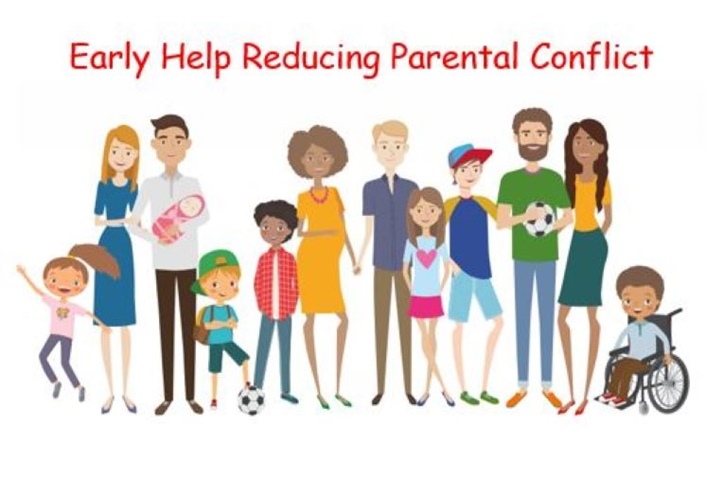Children's services
Council secures a further three years of funding for supporting families in the borough
Published on
Increasing awareness and understanding of parental conflict in Walsall.

Walsall is one of 12 Local authorities that have been working with the Department for work and Pensions since 2019 to help increase awareness and understanding of parental conflict.
All families have ‘fall outs and disagreements’ and mostly these are resolved with little impact on the children. However, where arguments increase to a level that is not healthy, where they are frequent, intense and poorly resolved there is strong evidence that the conflict significantly impacts negatively on the children’s mental health and long-term well-being, irrespective of whether their parents/carers live together or are separated.
Working with the Department for Work and Pensions, Walsall has led the way on behalf of the Black Country region (Walsall, Sandwell, Wolverhampton and Dudley) with the development of training, introducing a Reducing Parental Conflict Champions Role and working to develop and share a tool kit for practitioners. Around a thousand practitioners are now fully trained in the region (half of this number are from Walsall).
“ Our Reducing Parental Conflict programme is a great example of connected working, delivering the right service, with the right help at the right time and ensuring families have access to the support and guidance they need.
The approach that we have taken in Walsall is widely recognised and was shared with Minister Baroness Stedman Scott, showcasing the achievements so far, highlighting examples of good practice, and what is planned to progress this area of work.
As a result, additional funding for a further three years has been secured for a dedicated practitioner to support partners in embedding the work that has taken place so far, rolling out the toolkit and supporting families to understand the impact of conflict and manage the outcomes. “
-ENDS-
Notes to Editors
- Evidence shows that 12% of children live with at least one parent who reports ‘relationship distress’ and the data indicates that parental conflict is twice as likely to be part of the family live where parents/carers do not work compared to those parents/carers that do.